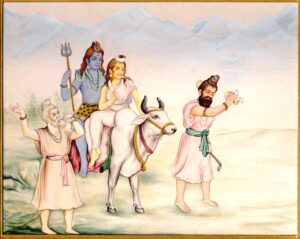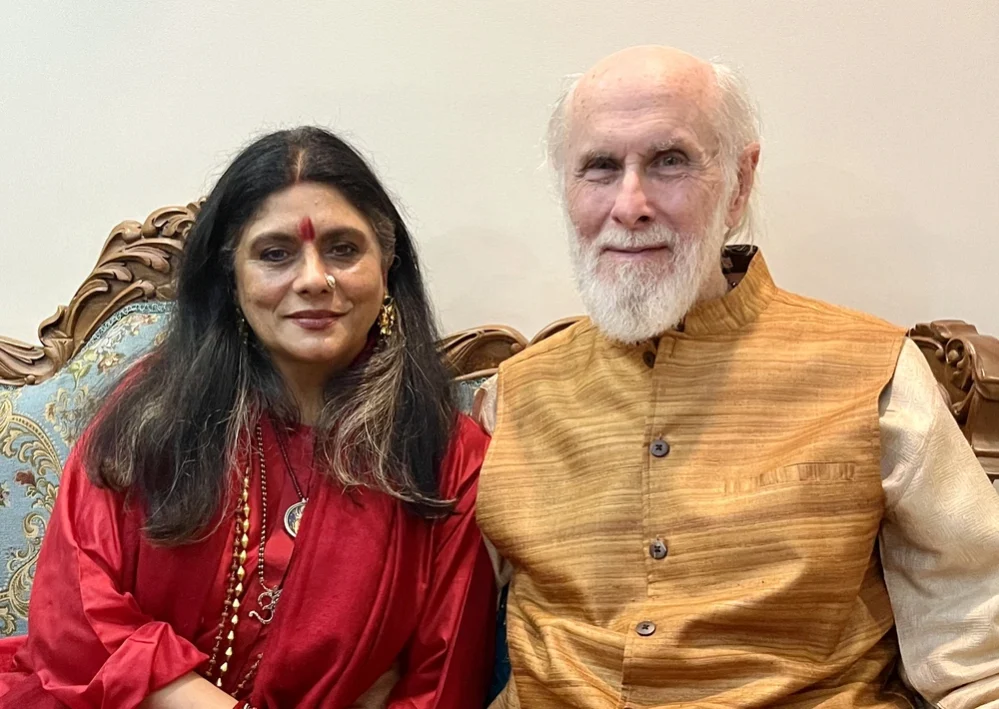In the following article we examine the strengthens and weaknesses of a gluten-free diet and why Ayurveda recommends wheat for many constitutions and conditions.
The gluten free diet movement has now become a multibillion dollar food business extending from the United States to the entire world. Gluten almost seems to be the worst food danger, more negatively portrayed than meat. Whole sections of natural food stores may be gluten free. Certain items like milk, corn or potatoes that never had gluten may now be advertised as gluten free. There are gluten free bakeries and gluten free varieties of every sort of cake and pastry.
Yet wheat has been the most widely used primary food item for the world for several thousands of years from the beginning of agriculture, from Europe and North Africa through the Middle East and India to China. It has long been central in the diet of North America as well. Barley and rye, also widely used grains, contain some gluten also and are sometimes rejected along with wheat, greatly reducing in our diet the traditional grains most commonly used.
Today many people do suffer from food allergies or intolerances that are increasing, with health problems from candida to irritable bowel syndrome and leaky gut that can be quite serious. Modern medicine has proved the importance of a healthy biome in the gut for proper digestion and vitality.
There are certainly many hard to digest food items from junk food and fast food, with foods cooked with poor quality cooking oils, too much fried food, heavy sweets and overeating. On top of this are the complications of factory farming, GMO crops and poor quality soils. Our stressful ways of life and lack of cooking our own food contribute to the problem.
Many people not surprisingly have trouble with a number of food items that are heavy in their qualities and so can be slower to digest. These include dairy, wheat, soy, meat, fish, eggs, peanuts or nuts in general, and many more.
Certainly white flour and items made with it easily become harmful and should be avoided. In addition GMO and modern factory farming growing of wheat may be producing an inferior type of wheat. So some cautions about wheat are indeed valid.
Ayurvedic Recommendation of Wheat
Wheat remains an important food item widely used in Ayurveda. It is particularly recommended for airy Vata and fiery Pitta types owing to its nutritive nature that provides more protein than rice and is better for colder climates or seasons. Yet wheat should generally be avoided by watery Kapha types, who tend towards overweight and sluggish digestion.
Ayurveda always adjusts diet according to individual constitution and relative to one’s digestive power or digestive fire, Jatharagni, which is responsible for digesting the food that we take in.
- Agni tends to be low in watery Kapha types, irregular in airy Vata types and too high in fiery Pitta types. Imbalanced Agni can make any food hard to digest, particularly any heavy food items, which includes wheat.
- So the question arises, is the food like wheat or dairy always the problem, or is it our low or weak Agni? Treatment may do better with spices to increase the digestive fire than simply avoiding heavy foods. Such Agni-promoting spices include ginger, turmeric, cumin, coriander, basil, cardamom and dozens of others, including hot spices at times like chilies, black pepper and mustard. In fact all culinary herbs and spices have their value here.
In other words the foods are not always the cause or the enemy, our own digestive weakness may be the real problem. While temporarily avoiding hard to digest food items may be helpful, more important in the long run is strengthening your own digestive fire.
It is also important to get good quality wheat from natural sources. Indian wheat or atta is such a variety, spelt as an older form of European wheat is another. All such wheat should be organic.
In addition the yeast used in breads may cause food allergies and be the real problem, not the wheat. Taking chapatis or unleavened wheat bread helps in such conditions.
In short, before jumping on the gluten free bandwagon consider your doshic type or Ayurvedic constitution as Vata, Pitta or Kapha, note the state of your Agni or digestive fire and keep it balanced, and make sure to use good quality whole wheat when you use wheat.
Kapha types or those with low Agni, and anyone with high Ama or toxic undigested food in the body, should certainly be careful with wheat in the diet, especially white flour, pastries and yeast breads.
To restore the digestion for those with poor health or weak digestion, Ayurveda generally recommends a kitcharee diet first with equal parts split mung and rice. Wheat can be reintroduced later once the digestive strength returns.
In conclusion, there is no single natural food item, particularly of such wide usage as wheat, that is the enemy and health can be gained for everyone simply by avoiding it. The real basis of health and disease resides in our own digestive power and lifestyle that goes along with it, for which there are many helpful treatments. This is the wisdom of Ayurveda, treating each individual, not promoting food dogmas or panaceas for everyone regardless of different mind-body types and conditions.







